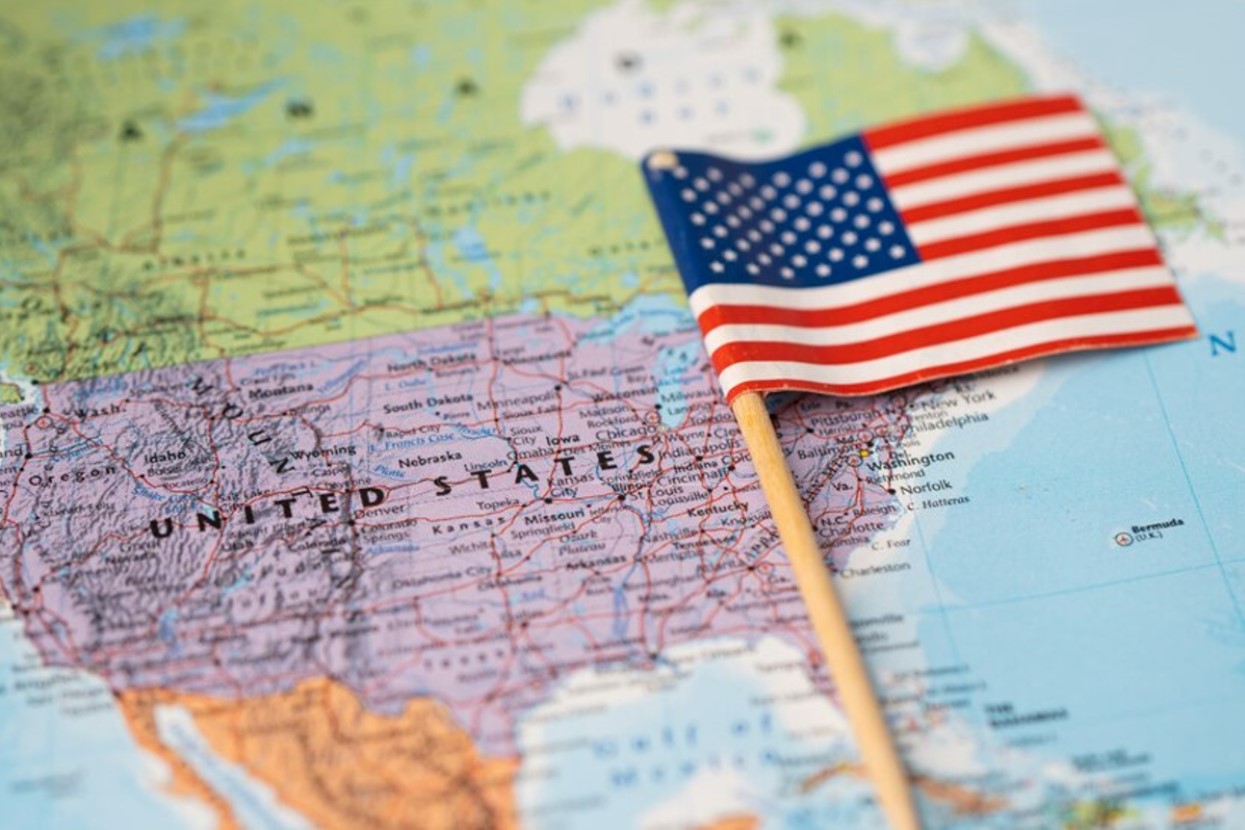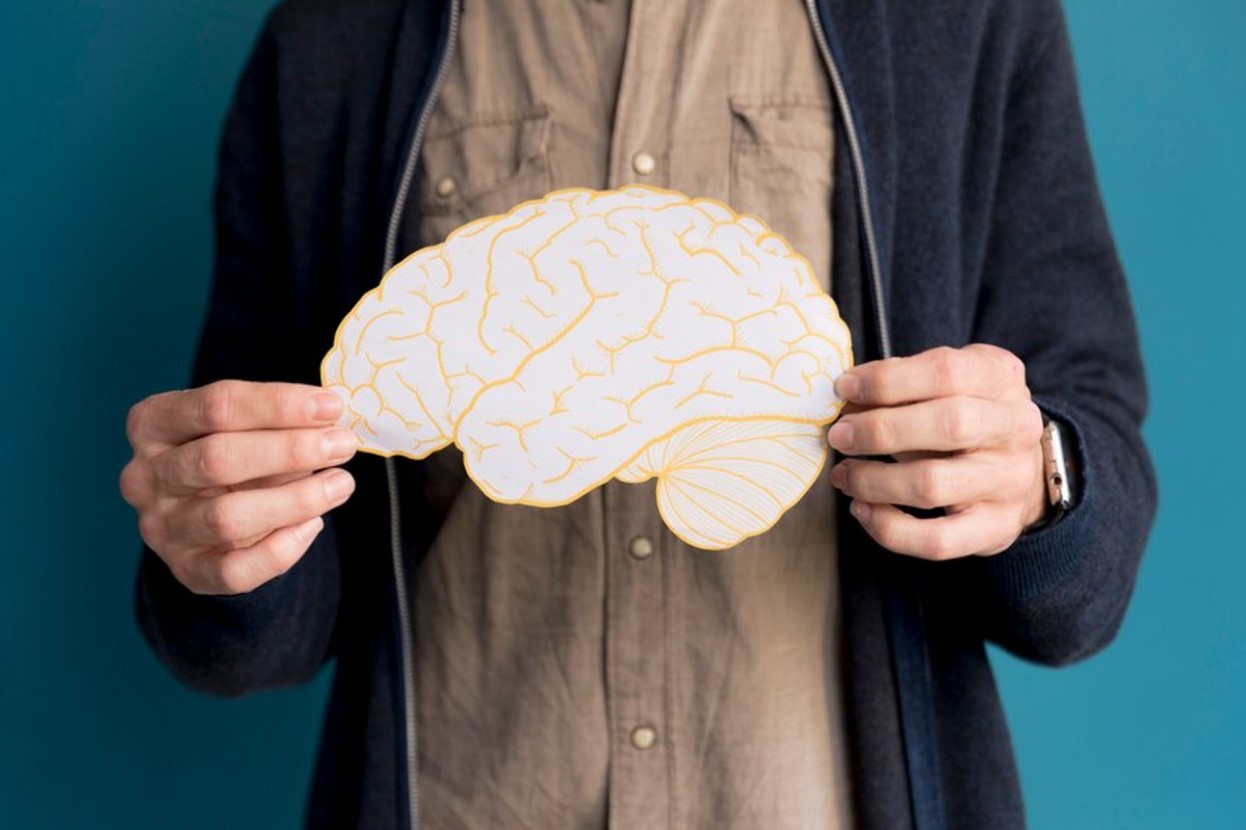The United States of America has long been considered the land where dreams come true. People from all over the planet truly believe that hope lies within these 50 states, and American citizens have always been considered some of the luckiest people on Earth.
However, in recent years, it seems that the American dream is all but dead. A new study shows it’s not current politics or the economy that are causing this to happen, but the lack of hope among the next generation.
There’s No Doubt America Is Struggling

Ever since the COVID-19 pandemic and consequent lockdown, it has felt as though the USA has seen one crisis after another.
From the ever-increasing cost of living to exorbitantly high mortgage rates and stagnant salaries, the majority of Americans are struggling to pay their bills. Not to mention the fact that the planet is falling apart, thanks to climate change. And, no one seems to be impressed by any of the nation’s leaders.
Americans Have Lost Hope for the Future

According to a study conducted by the Pew Research Center, over two-thirds of Americans agree that the country will be worse off by 2050.
Pew Research Center said that at least 66% said yes when asked if America would be less of a world leader, more politically divided, and have a weaker economy just sixteen years from now. The Wall Street Journal released data from a similar survey that said almost 80% of Americans don’t expect the nation to be better off for the next generation than it is now.
There Are Plenty of Reasons to Be Wary of the Future

Realistically, there are several tangible reasons why one might be worried about the future of America and the world as a whole.
These studies did not ask the participants why they were feeling hopeless; rather, just if they were. Of course, the majority of those who read their findings believed the many crises in America were to blame for the despondent responses. But another study found out that’s not entirely true.
The Findings of the Human Flourishing Lab

After reading the studies by the Pew Research Center and the Wall Street Journal, Archbridge Institute’s Human Flourishing Lab decided to conduct its own survey of more than 2,000 Americans to find the correlation between hopelessness and the nation’s current reality.
What they found was quite surprising. First, they noted that Americans aren’t actually hopeless; they just don’t believe in America like the previous generations. Second, the study realized that Americans who say they are in good mental health are far more hopeful across the board than those who struggle with their mental health.
Some Americans Are Definitely Feeling Hopeful

The Human Flourishing Lab reported that of the 2,000 Americans they surveyed, 82% are hopeful for their personal future, 85% have hope for their families, and 74% are hopeful for their local community’s future.
While these numbers are just the average, and there are a few discrepancies between different demographic groups, the general consensus was that Americans were actually quite hopeful.
(Not So) Proud to Be an American

But then, when asked if they felt hopeful for the future of America, only 56% said yes. That means around 30% of Americans who believe in themselves and their futures have no hope for their country.
Now, some may say this confirms that the lack of hope for the country is based on the current crises at hand. However, another question within the study tells a different story.
Do You Feel Your Mental Health Is Good or Poor?

Here’s where the Human Flourishing Lab study gets especially interesting: The researchers asked every participant if they felt their mental health was good or poor.
Of those who reported that their mental health was in good shape, 62% said they had faith in the future of America. But only 32% of those with poor mental health felt any hope for the nation.
It’s Not About What’s Happening on the Outside

That statistic has led researchers to believe that, for the majority of Americans, the feeling of hopelessness may not be based entirely on what’s happening on the outside but, instead, on what’s going on inside.
They also noted that, while many believe the younger generations, such as Gen Z, are simply less hopeful than previous generations like the Boomers, that may be a consequence of their mental health rather than their age.
Now, Let’s Talk About Gen Z

According to the study, Gen Zers with good mental health are surprisingly the most hopeful group of participants they talked to. 71% of this group said they were hopeful for the future of America.
However, more Gen Zers said they have poor mental health than any other generation. So, overall, it appears that Gen Z are the least hopeful, but only because they’re less content.
Only 60% of Happy Boomers Are Hopeful for America

On the other hand, more Baby Boomers reported having good mental health, but within this category, only 60% said they are hopeful for the future of America.
Researchers of this study want people to understand that hopelessness, mental health, and the future of the country all go hand in hand. Therefore, in order to improve the nation, Americans must first work on themselves.
Americans Need Hope

Mental wellness is about far more than just personal feelings. Without hope, people are less likely to participate in their community, open a new business, or even go for a promotion.
Therefore, it’s absolutely essential that Americans find ways to improve their mental health, especially the next generations. Because, without it, not only will they not have hope in themselves, but they won’t have the capacity to create a better future for America.
